Ionic Backend Service | Top 4 Providers
Having the right backend service can be quite important for mobile application developers focussed on performance and security. Many developers use Ionic as their preferred solution for the features it offers for creating robust mobile applications.
Selecting the appropriate Ionic backend service can have a massive impact on development outcomes. Read on to explore some of the best backend options available today.
Contents
- 1 What is Ionic?
- 2 Ionic Advantages
- 3 What is Backend as a Service?
- 4 Backend as a Service Advantages
- 5 Top 4 Backend Providers for your Ionic App
- 6 Back4app
- 7 Parse
- 8 Firebase
- 9 Backendless
- 10 Conclusion
- 11 FAQ
- 12 What is Ionic framework?
- 13 What are the Ionic framework advantages?
- 14 What are the best backends to host your Ionic app?
What is Ionic?
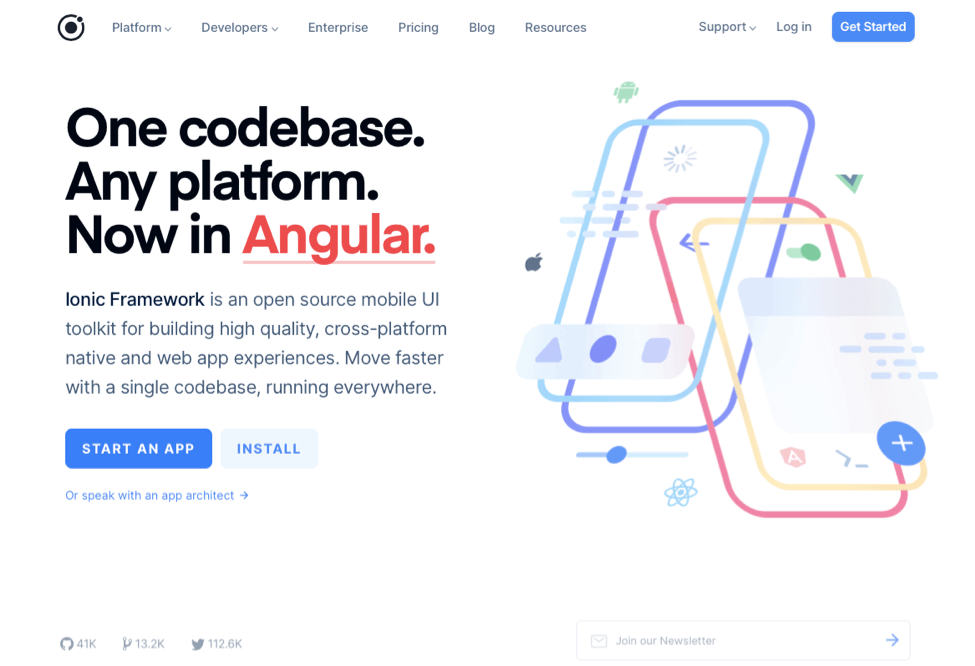
According to Wikipedia, Ionic is an open-source software mobile UI tool kit for hybrid mobile application development. Initially built over Apache Cordova and Angular JS, the latest version was reconstructed to let users select from a variety of interface networks like Angular, Vue.js, and React. Ionic lets developers utilize Ionic components without relying on a user interface framework.
Ionic offers services and components necessary for the development of desktop, mobile hybrid, and Progressive Web Apps that use current development technologies such as HTML5, CSS, and Sass. Ionic enables users to create mobile apps with predominantly web technologies and distribute them via native application stores.
Ionic Advantages
Singular codebase
Ionic lets users build mobile apps without needing help from native developers. It is easy to use for anyone who is familiar with Angular and commonly used web technologies. Ionic lets users develop fully functional applications by using web development skills. Using a single codebase across platforms helps developers reduce expenses needed for maintaining code and hiring native developers. Ionic also enables faster development completions, offers debug tools and browser tools for maintenance, and lets users convert Ionic apps to desktop apps.
Various plugins and integration features
Users of Ionic can easily integrate it with a wide range of tools if they feel the need to do so. Developers using Ionic can easily access technologies such as payment systems, testing tools, analytical, and security tools. Ionic also offers many plugins that can be integrated with device hardware. Users should note that some of these plugins can only be accessed by Enterprise Ionic edition users.
Testing is easy
Developers with Ionic applications that work exclusively through a webview, can use a device browser for application testing. They find this feature to be quite convenient as there is no need for using a testing device. Many mobile devices now also work on the same concept.
Browsers come with built-in debugging and testing components to facilitate a more convenient testing process. Angular CLI can be used for testing Angular components in older versions, but Ionic CLI is more well-suited for testing web components. Hence, users might only need to use an emulator or device for native functionality testing.
What is Backend as a Service?
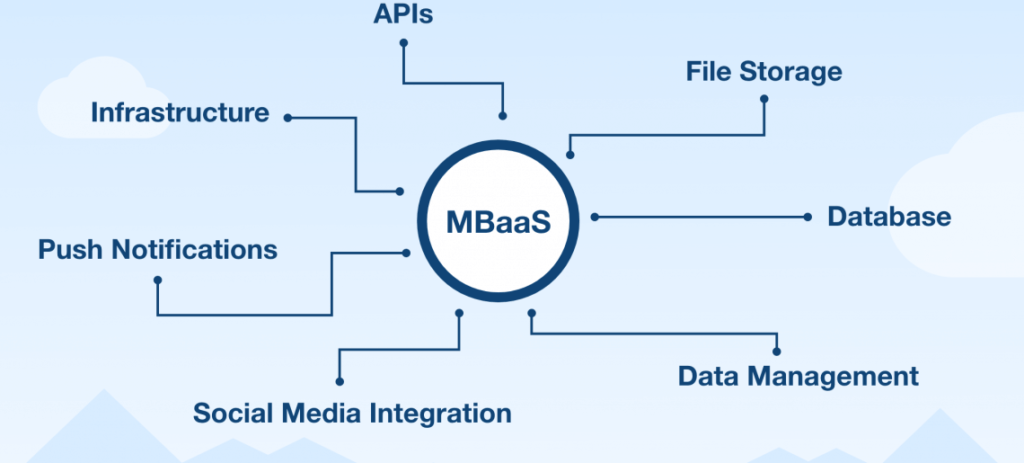
Backend as a service (BaaS) is a cloud service model used by developers for fast and efficient cloud infrastructure management. It enables rapid backend development automation and offers various powerful features such as push notifications, APIs, data management, and file storage. A BaaS service provider is tasked with managing every aspect of setting up, running, configuring, and maintaining servers.
APIs and SDKs function as connectors between backend cloud services and applications in a BaaS setup. APIs in a BaaS setup function as the bases for iOS and Android applications. Developers using this cloud service model helps developers avoid any hardware-related investments. BaaS is relied upon by developers for the flexibility it offers for API development.
Backend as a Service Advantages
Scalability
Mobile BaaS offers a wide variety of scalability options to developers. These can easily be opted for as on-demand offerings. BaaS users can customize their applications for their preferred platforms. Cloud backend features of BaaS can also help to combat bandwidth issues.
Ongoing updates
Mobile applications require regular and constant updates to offer new features and better user experiences. Application updates eliminate existing bugs but can prove costly for most businesses. Using a mobile BaaS helps users achieve seamless feature integration for mobile applications. It utilizes the Continuous Integration concept to help developers change things based on requirements. BaaS tools help to simplify updates and save costs.
High security
BaaS is also a convenient option as it offers a high-security level for mobile applications and data. Security concerns that crop up when replacing a vendor are nullified with BaaS. It also helps to protect data and can be configured to prevent direct server access.
Variety of prices
Developers now have the option of opting for many different BaaS services at different price ranges. It is possible to find affordable prices for backends. Users who have active applications that need better promotion can always rely on some additional features provided by BaaS providers. Some of these features can help users promote their applications effectively. Developers can choose from various backend plans based on their requirements.
Top 4 Backend Providers for your Ionic App
Back4app
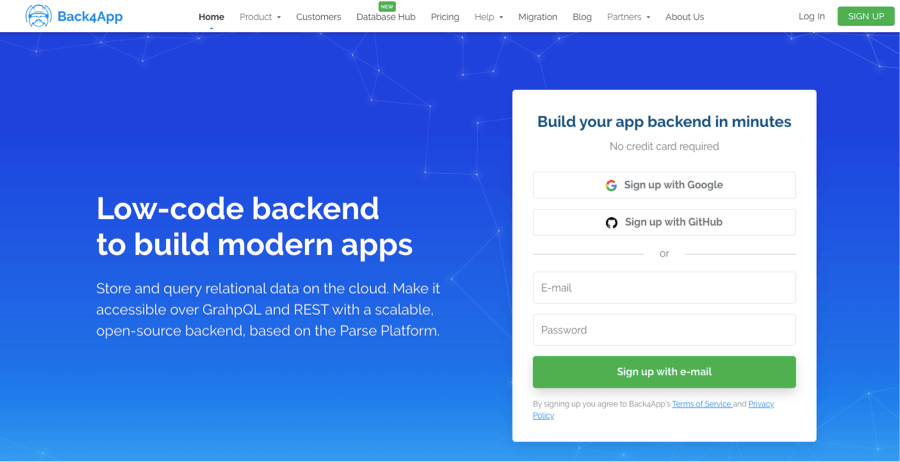
Back4App is an open-source backend that provides a significant amount of usability and scalability for developers. Many webs, mobile, and IoT application development professionals utilize this backend to create amazing apps without reinventing the wheel. Back4App enables users to use both Rest APIs and GraphQL APIs.
Parse
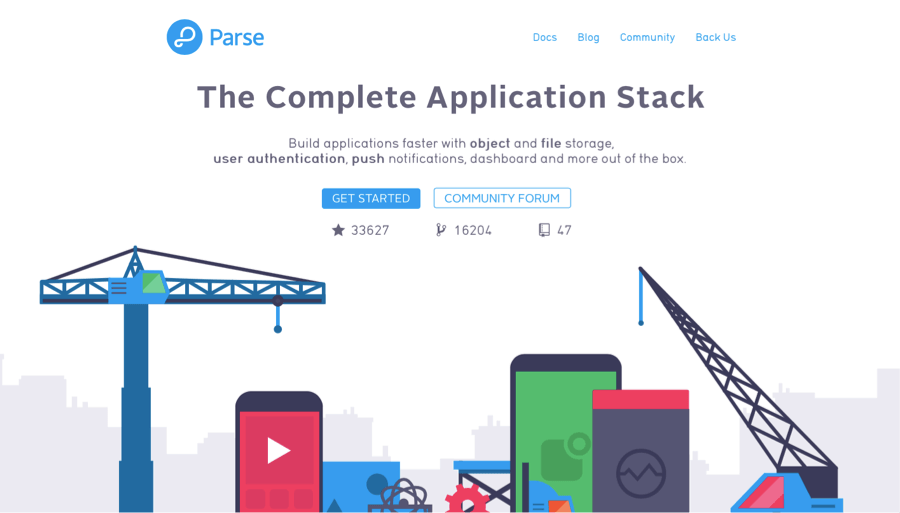
Parse is a widely-used open-source framework for developing application backends. Developers use the framework for fast application development. Parse is a popular option for developers due to its active community and economic development.
Firebase
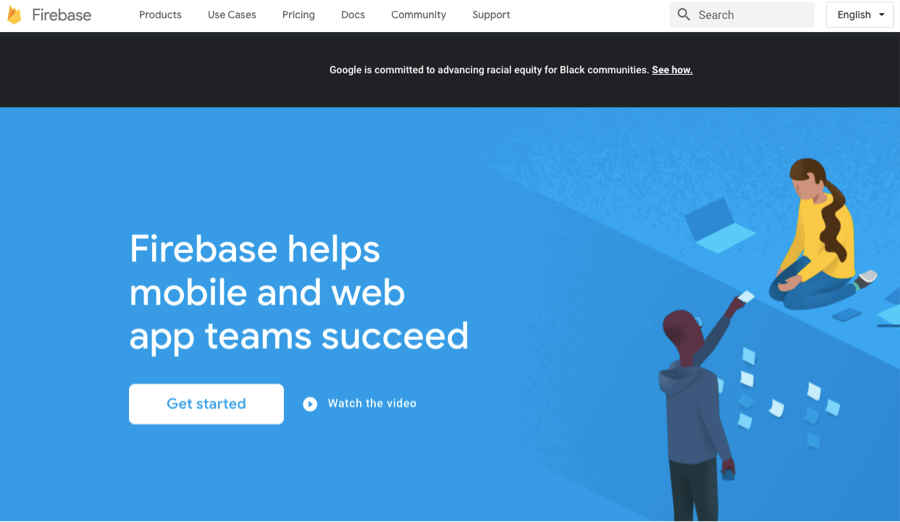
Firebase is a BaaS offering with a vast array of features and tools for agile web and mobile application development. It is a NoSQL database platform that follows the JSON protocol for data storage.
Backendless
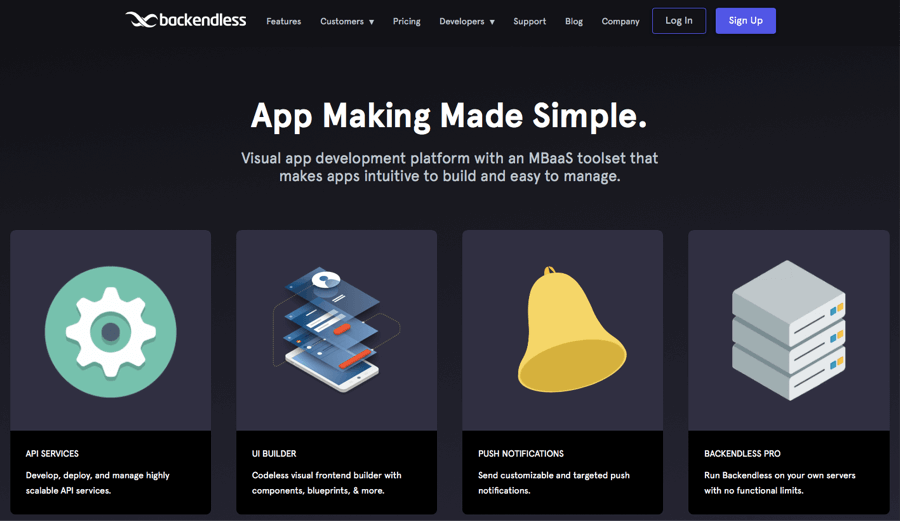
Backendless is an open-source mobile BaaS application development platform. It offers many powerful development tools along with dedicated, cloud, and managed servers for users.
Conclusion
The options given above are the best Ionic backend service options for developers to consider. Consult with an experienced software professional for more insight into the subject.
FAQ
What is Ionic framework?
According to Wikipedia, Ionic is an open-source software mobile UI tool kit for hybrid mobile application development.
What are the Ionic framework advantages?
– Singular codebase
– Various plugins and integration features
– Testing is easy
What are the best backends to host your Ionic app?
– Back4app
– Parse
– Firebase
– Backendless



